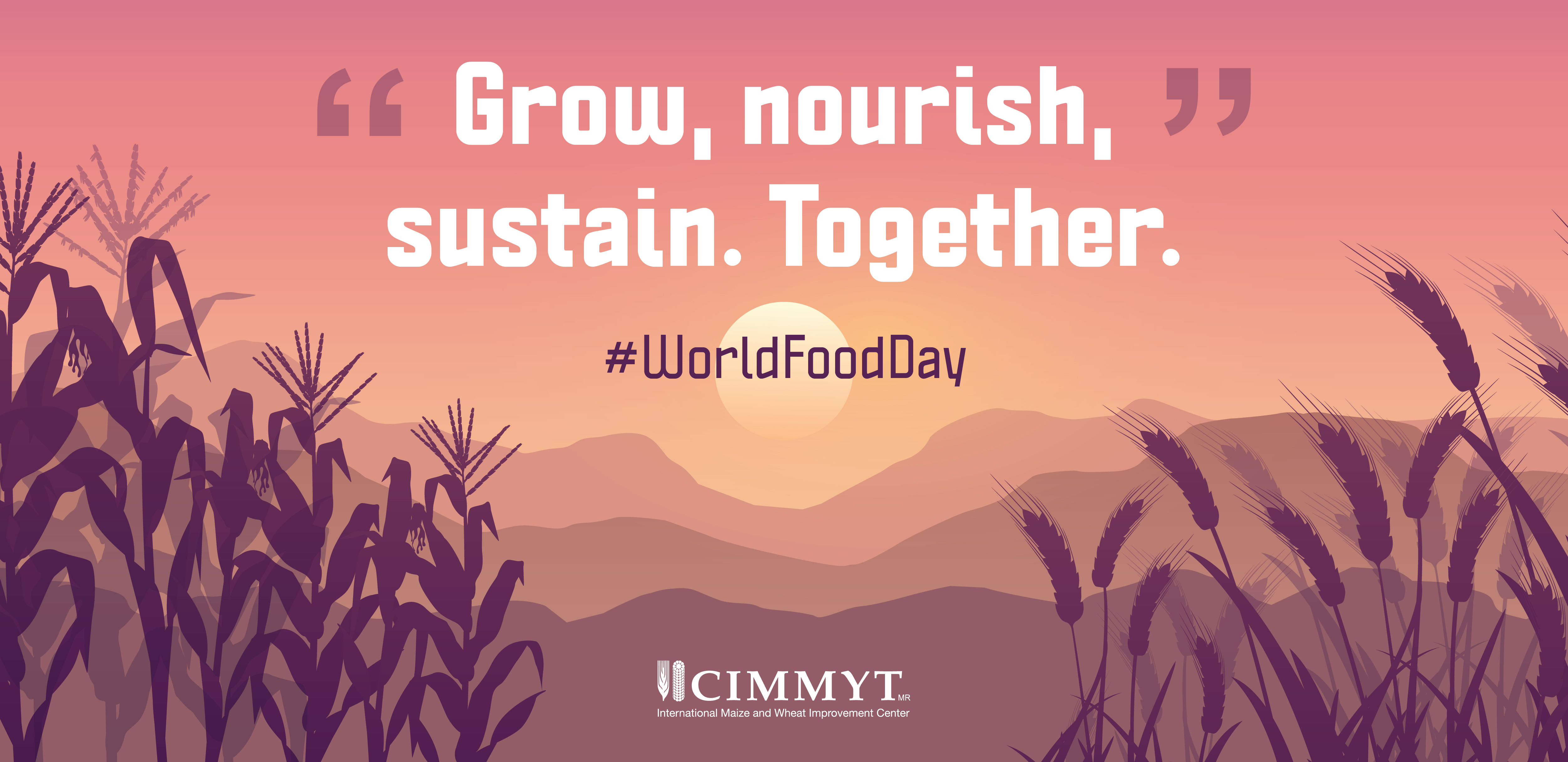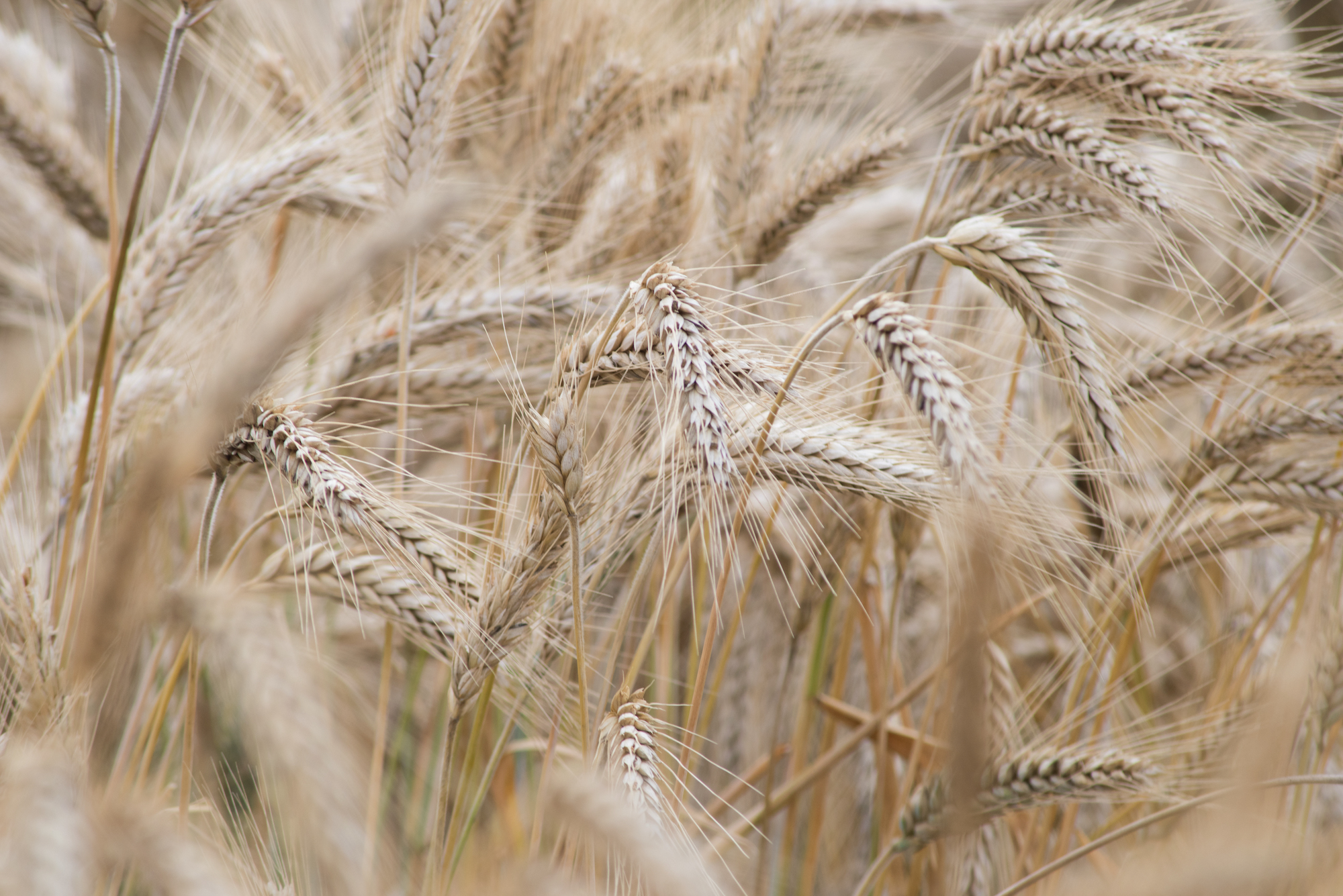
The impacts of the Ukraine crisis are likely to reverberate over months, if not years, to come. If the reductions in wheat exports from Russia and Ukraine are as severe as anticipated, global supplies of wheat will be seriously constrained. If a major reduction in fertilizer exports comes to pass, the resulting drop in global productivity will tighten global markets for wheat, other grains and alternate food sources — leaving vulnerable people all over the world facing higher food prices, hunger and malnutrition.
These massive disruptions will erode modest progress made toward gender equality, biodiversity conservation and dietary diversification. The severe impact of this single shock shows the underlying fragility and complexity of our agri-food systems. Climate change will bring many more.
The world must take essential actions to mitigate food shocks, stabilize local wheat supplies and transition toward agri-food system resilience, from the current efficiency-driven model. We call for large and sustained agricultural research investments as a foundational element of any viable, food-secure future.
From chronic challenges to food crisis conditions
Global wheat production for export is geographically concentrated, placing inherent vulnerabilities on the global system. Dominance of the wheat export trade by a relatively small number of countries makes sense under an efficiency paradigm, but it opens the door to price spikes and food-related crises. At the same time, biophysical vulnerability of major global breadbaskets is on the rise as drought and other weather extremes increase volatility in cereal yields, exports and prices.
Russia and Ukraine produce 28% of the world’s total wheat exports and Russia is a globally important source of fuel and fertilizer. With over 2.5 billion people worldwide consuming wheat-based products and wheat futures at their highest levels since 2012, disrupted exports from Russia and Ukraine would usher in substantial new pressures on global wheat markets and tremendous risks for vulnerable populations around the world.
Dependence on wheat imports from Russia and Ukraine imperils food security in lower- and middle-income countries in North Africa and the Middle East (Algeria, Egypt, Libya, Morocco, Yemen), the Mediterranean (Azerbaijan, Turkey), sub-Saharan Africa (Nigeria, Sudan), Southern Asia (Bangladesh, Pakistan) and throughout Southeast Asia. Globally elevated food prices will hit hardest in those countries already struggling with food insecurity.
Layered onto the existing concentration of wheat-exporting countries and the climate-induced vulnerabilities in essential global breadbaskets, the crisis in Ukraine and trade sanctions on Russia are triggering a level of volatility that could easily overwhelm existing mitigation mechanisms. We may well see a range of negative effects over the short, medium and long term, including:
- Severe food insecurity and economic impacts due to reduced global wheat supplies and price increases affecting all wheat-importing countries and humanitarian agencies.
- Diminished global grain productivity due to fertilizer supply limitations and price escalation, especially in low-income, fertilizer-import-dependent countries.
- Higher food prices and expanded global hunger and malnutrition as a result of tighter fuel supplies driving up costs of agricultural production.
- Pressure on household budgets negatively affecting nutrition, health, education and gender equity.
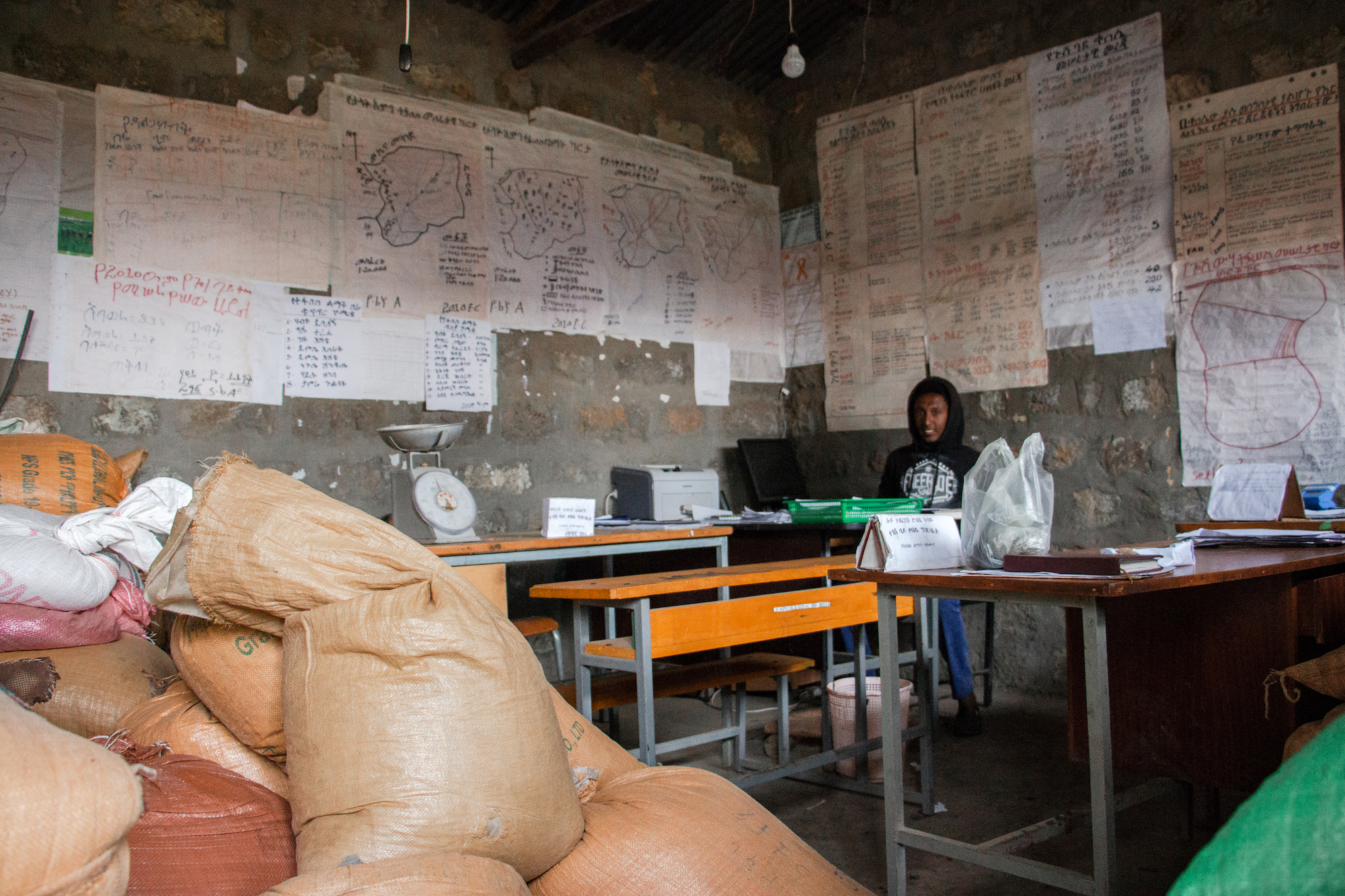
Stabilize while building resilience
With these multi-layered challenges in view, we propose essential actions to mitigate near-term food security crises, to stabilize wheat supply and to concurrently transition toward agri-food system resilience.
Without doubt, the world’s top priority must be to mitigate food security crises at our doorstep. This will involve boosting wheat production through expanded acreage (e.g. in high-performing systems in the Global North) and closing yield gaps (e.g. improved management and value chains of rainfed, wheat-based systems in the Global South) using policy incentives such as price guarantees and subsidized agricultural inputs. Short-term food insecurity can also be addressed through demand-side management (e.g. market controls to conserve grain stocks for human consumption; use of lower-cost flour blends) and de-risking alternative sourcing (e.g. trade agreements).
As these actions are taken, a range of strategies can simultaneously drive toward more resilient wheat supply at local to global scales. Well-functioning seed systems, demand-driven agronomic support and other elements of wheat self-reliance can be encouraged through shifts in local policy, regulatory and sectoral contexts. Enhanced monitoring capacity can track spatial patterns in wheat cropping, including expansion into areas where comparative advantage for wheat production (e.g. agro-ecological suitability; supporting infrastructure) has been identified in rural development frameworks and national plans (e.g. as a double crop in Ethiopian midlands). In addition to enabling yield forecasts, surveillance systems are critical to phytosanitary control of geographically restricted pathogens under altered wheat trade routes.
Yet, these steps to mitigate food shocks and stabilize local wheat supplies will not adequately protect the world from climate-related biophysical risks to food and nutritional security. In parallel, a transition toward agri-food system resilience requires transformative investments in agricultural diversification, sustainable natural resource management and low-greenhouse-gas agroecosystems, as well as meaningful actions toward achieving gender equality, nutritional sufficiency and livelihood security.
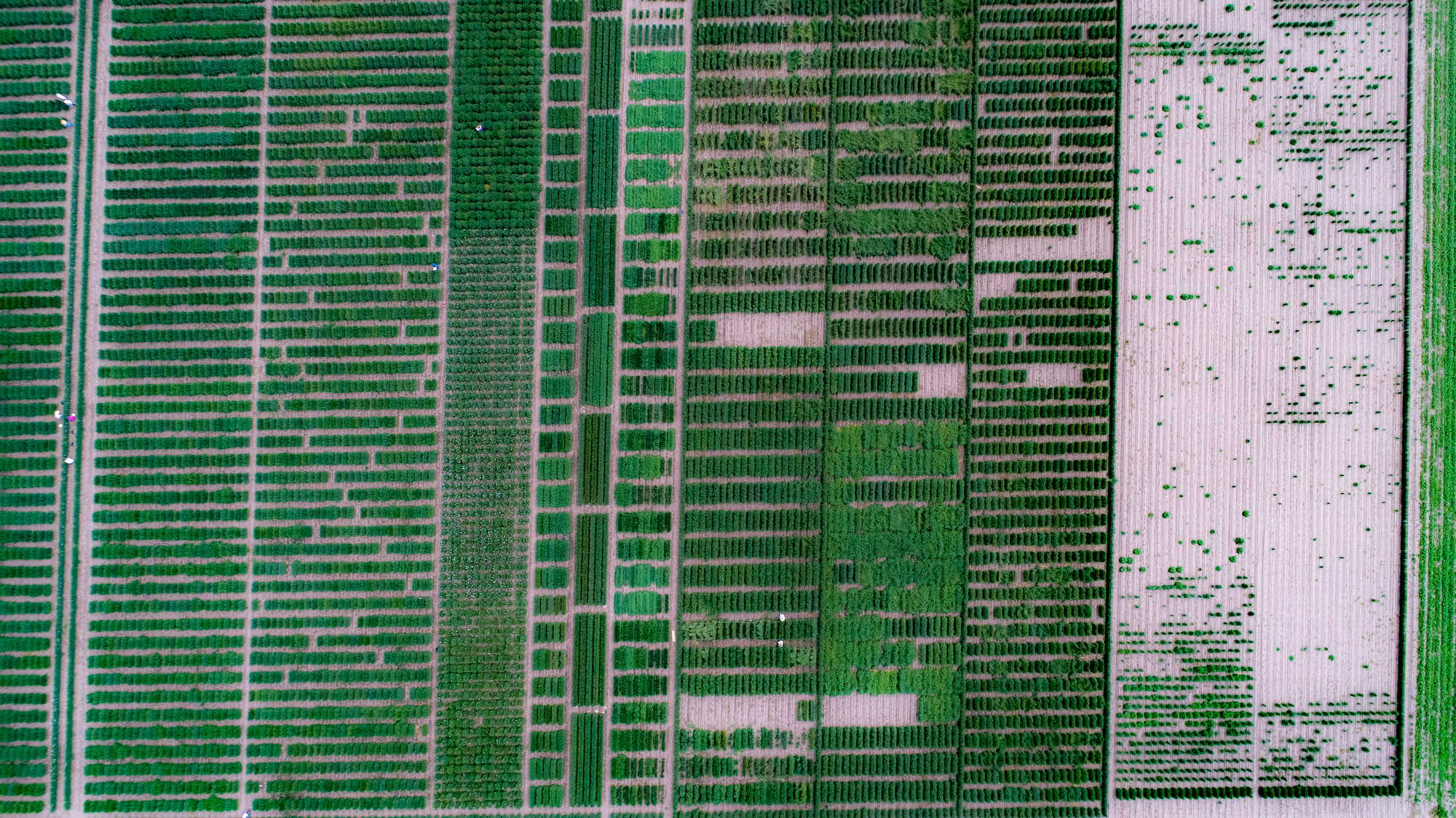
Sustained research & development for a food-secure future
None of the critical actions described above are guaranteed given the oscillating global investment in agricultural research. Enabled by decades of agricultural research, the world has managed to constrain the number and severity of food security crises through major gains in agricultural productivity.
The International Maize and Wheat Improvement Center (CIMMYT), the global international wheat research Center of the CGIAR, has been working tirelessly to maintain wheat harvests around the world in the face of mounting disease pressures and climate challenges. The estimated benefit-cost ratio for wheat improvement research ranges from 73:1 to 103:1. Yet, research funding only rises when food crises occur, revealing the globalized risks of our highly interconnected agri-food systems, and then tapers as memories fade.
With limited resources, scientists around the world are attacking the complex challenge of increasing agricultural yields and ensuring stable, equitable food supplies. Receiving only about 2% of international agricultural research funding over time, CIMMYT and the entire CGIAR have had limited ability to develop the long-term research capabilities that could mitigate or prevent short-term emergencies with medium- to long-term effects.
Responding to the mounting pressures on deeply complex agri-food systems requires integrative solutions that allow farmers and other agri-food stakeholders to mitigate and withstand shocks and to achieve viable livelihoods. Knowledge and technology needs are extensive across production systems (e.g. wheat-legume intercropping; cereals-focused agroecological interventions), value chains (e.g. context-appropriate seed systems; nutrition enhancement through flour blending), monitoring systems (e.g. genomics-based surveillance), and social dimensions (e.g. gender implications of new production and consumption strategies; policy interventions).
Generating such solutions depends on robust, multidisciplinary and transparent research capabilities that fuel the transition to agri-food system resilience. Robust international investment in resilient agricultural systems is an essential condition for national security, global peace and prosperity.
Read the full article (pre-print):
Another food crisis? The Ukraine conflict, global wheat supply and food security
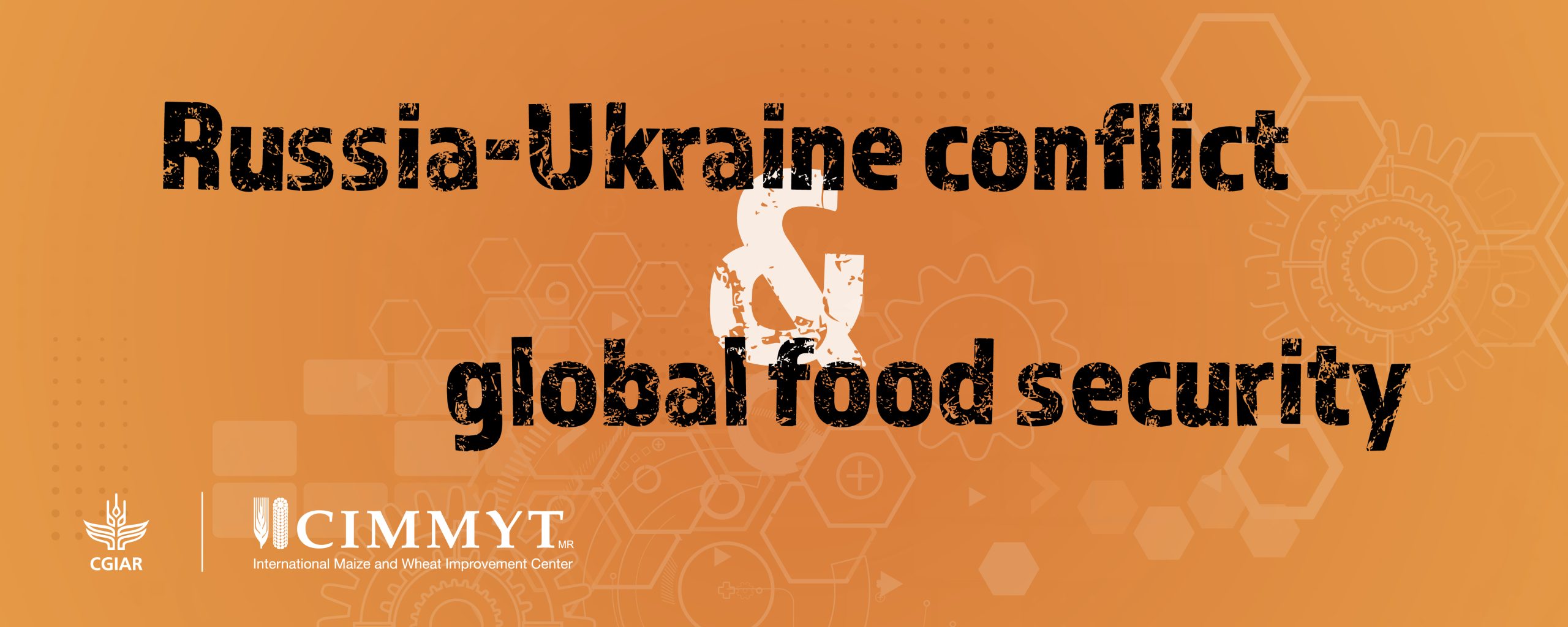

 Nutrition, health and food security
Nutrition, health and food security 